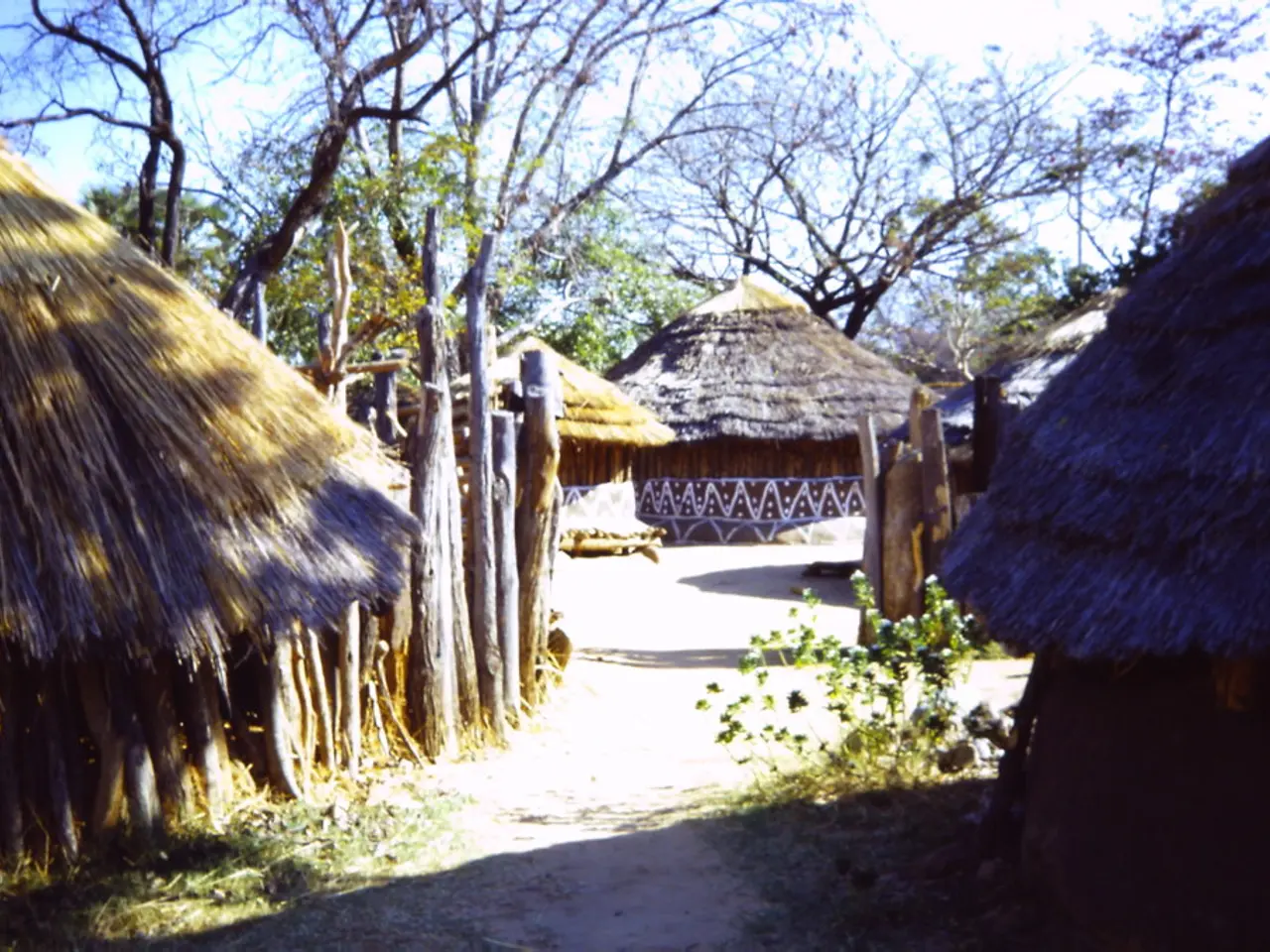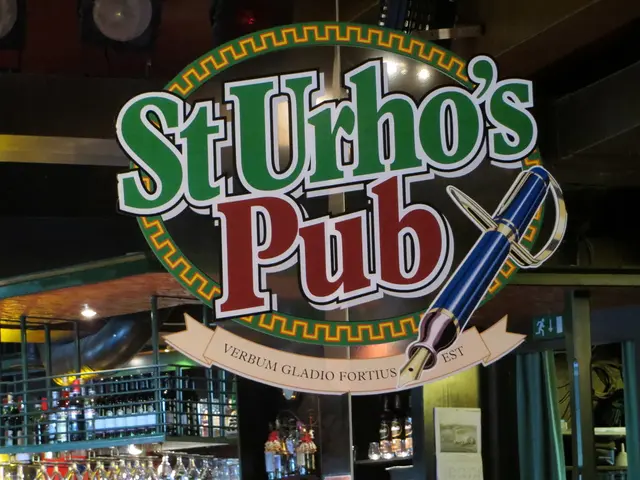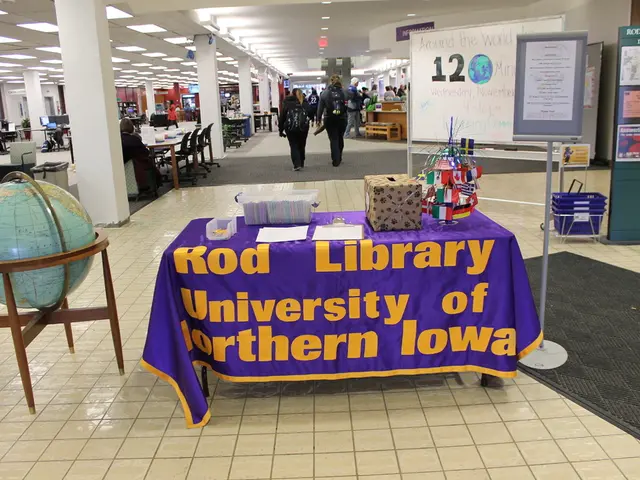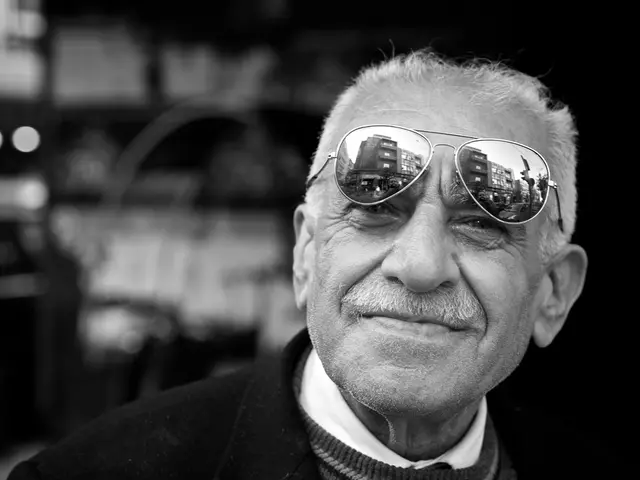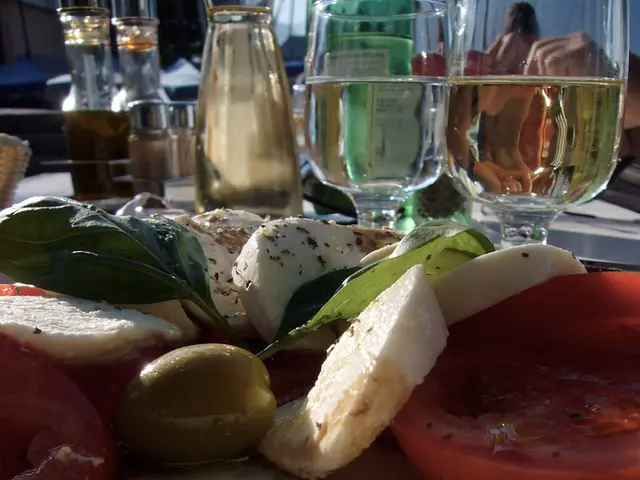Philippine culinary delights showcased in Macau, characterized by strong tastes, and a sense of communal camaraderie
=================================================================================
In the heart of Macau, a bustling city known for its casinos and cultural landmarks, lies a vibrant Filipino community that significantly contributes to the city's daily life. Known as "Pinoy Street," the area around Rua da Alfândega serves as a central hub for this community, which has been steadily growing since 2003.
Anak Philippine Bread, a bakery selling the popular Filipino bread, pandesal, has been a staple since its opening in 2003. For many Filipinos in Macau, the bakery is more than just a place to buy bread; it's a significant gathering place, evoking memories of family breakfasts and childhood. The opening of Anak Philippine Bread brought excitement to many due to the steady supply of a familiar food item, making it easier for them to feel at home in Macau.
Rua da Alfândega is not only a cultural centre for the Filipino community but also a commercial one. Remittance agencies, salons, and various businesses catering to the community can be found here. Sari-sari shops serve as convenient stores, providing essential goods and services. Interestingly, Rua da Alfândega is located near Senado Square, a tourist hotspot in Macau, showcasing the community's integration into the city's fabric.
Approximately 31,000 Filipinos live and work in Macau, constituting about 4.5% of the total population. Many of them work as domestic workers, but also as teachers, musicians, business owners, and healthcare staff. The presence of the Filipino community significantly impacts various aspects of Macau's daily life.
Macau's visa rules are considered friendly for many Filipinos, making it easier for them to seek employment opportunities in the city. The geographical proximity to Manila, with a two-and-a-half-hour flight distance, also contributes to the attractiveness of Macau for Filipinos.
However, the Filipino community's presence in Macau is not without challenges. There have been reports of labor issues affecting Filipino workers, including unpaid wages, lack of overtime compensation, and problems with work permits. These issues highlight the vulnerabilities Filipino workers may face despite being an essential part of Macau’s workforce.
Despite these challenges, the spirit of community and mutual help, known as bayanihan, is strong among the Filipino community in Macau. This was noted by the Philippine consul general, Edna May Lazaro. The community's size, comprising approximately 17% of Macau’s non-resident labor population, indicates a significant daily impact on the city’s social and economic dynamics.
In summary, the key factors attracting Filipinos to Macau are job opportunities and the demand for their labor, especially in sectors requiring domestic and service personnel. Their substantial presence affects Macau's daily life by underpinning essential labor needs, even as labor rights and protections remain an area of concern.
[1] For more information on recent labor disputes and recruitment scams affecting Filipino workers in Macau, please refer to [relevant sources]. [5] For more information on the impact of the Filipino community on Macau’s social and economic dynamics, please refer to [relevant sources].
